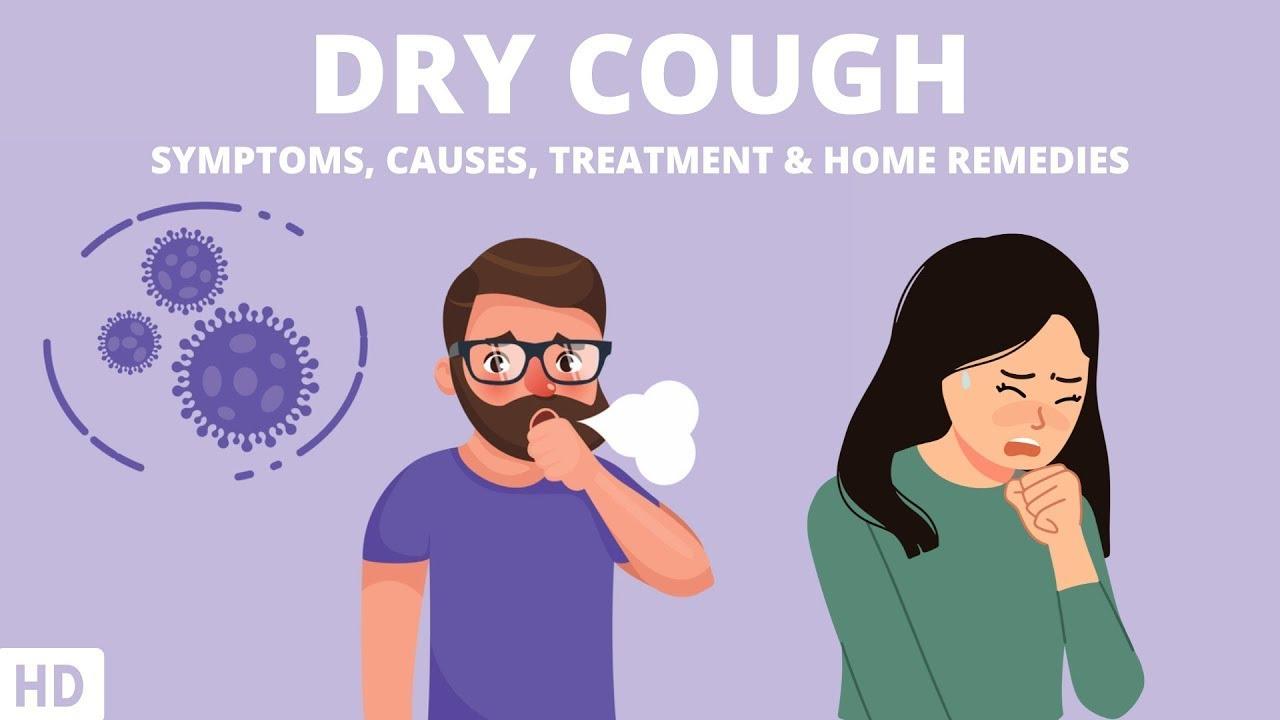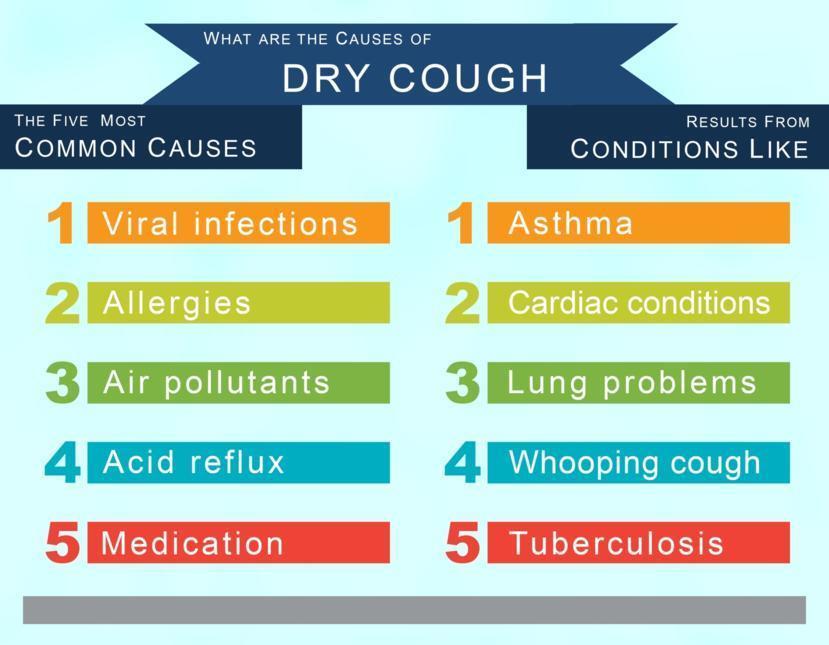
Are there specific medications for treating a dry cough?
Understanding Dry Cough at Night: Causes, Remedies, and Tips
Experiencing a dry cough at night can be a frustrating and uncomfortable condition that disrupts sleep and affects overall health. In this article, we will delve into the various causes of dry cough at night, effective remedies, and practical tips to manage it. Whether it’s seasonal allergies, a respiratory infection, or environmental factors, understanding the underlying reasons for your nighttime cough is crucial for finding the right treatment. Let’s explore!
What is a Dry Cough?
A dry cough, also known as a non-productive cough, is a type of cough that does not produce mucus or phlegm. While it can occur at any time of day, a dry cough at night can be particularly bothersome, leading to disrupted sleep and increased discomfort. Common characteristics of a dry cough include:
- No mucus or phlegm production
- Tickling or scratchy sensation in the throat
- Potentially worsens when lying down
Common Causes of Dry Cough at Night
Several factors can contribute to a dry cough at night. Understanding these causes can help you identify the best course of action for relief. Here are some of the most common culprits:
1. Allergies
Seasonal allergies or allergic reactions to dust mites, pet dander, or mold can trigger a dry cough at night. When you lie down, allergens may accumulate in your throat, leading to irritation.
2. Postnasal Drip
Postnasal drip occurs when excessive mucus accumulates in the throat due to allergies or sinus infections. Although this condition usually causes a productive cough, it can also lead to a dry cough, especially at night.
3. Asthma
Asthma is another common condition that can cause a dry cough, particularly at night. Individuals with asthma may experience nighttime coughing due to airway constriction and inflammation.
4. Environmental Irritants
Exposure to smoke, strong odors, or pollution can irritate the throat and lungs, leading to a persistent dry cough. Poor indoor air quality can further exacerbate this issue.
5. Gastroesophageal Reflux Disease (GERD)
GERD is a condition in which stomach acid flows back into the esophagus, causing irritation and a dry cough, especially when lying down.
6. Respiratory Infections
Viral infections like the common cold or flu can lead to a dry cough, particularly in the initial stages before mucus production starts. Coughing can often worsen at night due to changes in body position.
Effective Remedies for Dry Cough at Night
While addressing the underlying cause of a dry cough at night is essential, several remedies can help alleviate symptoms. Here are some effective strategies:
1. Stay Hydrated
Drinking plenty of fluids can help soothe your throat and keep mucus membranes moist. Warm liquids, like herbal tea or broth, are especially beneficial.
2. Use a Humidifier
Adding moisture to the air can help relieve throat irritation caused by dry air. A humidifier in your bedroom can create a more comfortable sleeping environment.
3. Elevate Your Head While Sleeping
Sleeping with your head elevated can help prevent postnasal drip and reduce coughing. Use extra pillows to prop yourself up.
4. Honey and Warm Water
Mixing honey with warm water can provide soothing relief for a dry throat. Honey has natural antibacterial properties and can help coat the throat, reducing irritation.
5. Over-the-Counter Cough Suppressants
OTC medications like dextromethorphan can help reduce the urge to cough. Always consult a healthcare provider before starting any medication.
6. Avoid Irritants
Limit exposure to smoke, strong fragrances, and other environmental irritants that can exacerbate coughing.
Practical Tips for Managing Dry Cough at Night
In addition to remedies, implementing certain lifestyle changes can help manage your dry cough effectively. Here are some practical tips:
- Maintain a Clean Sleeping Environment: Regularly wash bedding and vacuum to reduce allergens.
- Practice Deep Breathing: Techniques like deep breathing exercises can help improve lung function and soothe irritation.
- Avoid Eating Late: If GERD is a concern, try to avoid eating large meals close to bedtime.
- Monitor Air Quality: Use air purifiers to improve indoor air quality and reduce allergens.
Case Studies: Real-life Experiences
Many individuals have successfully managed their dry cough at night through various approaches. Here are a couple of brief case studies:
| Name | Situation | Solution |
|---|---|---|
| Sarah | Allergies to dust | Used a humidifier and allergy medications |
| John | GERD symptoms | Ate smaller meals and elevated head while sleeping |
Conclusion
A dry cough at night can be a frustrating condition that affects your overall well-being. By understanding the potential causes and implementing effective remedies and practical tips, you can find relief and improve your sleep quality. If your symptoms persist or worsen, it’s essential to consult a healthcare professional for a proper diagnosis and treatment plan. Remember, a good night’s sleep is crucial for your health, and addressing your nighttime cough is a step towards better rest and recovery.
